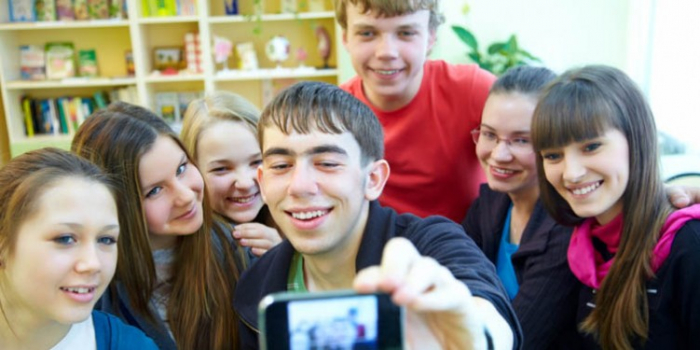Posted: October 10, 2014
A new study by Newcastle University in the U.K. finds teens with Cerebral Palsy report similar quality of life to their able-bodied peers.
Despite the many challenges that come with a Cerebral Palsy journey – countless treatments, therapies, surgeries, just to name a few – adolescents with Cerebral Palsy report their quality of life is on a par with their adolescents without Cerebral Palsy.
“Our results are encouraging,” said Allan Colver, professor of Community Child Health at Newcastle University and lead author of the study. “Across 10 different areas of life, adolescents with Cerebral Palsy only ranked their quality of friend and peer relationships as on average lower than adolescents in the general population, challenging the widespread perception that adolescents with disabilities have unhappy, unfulfilled lives.”
This is the first study ever done to track the quality of life among young people with Cerebral Palsy from childhood to adolescence.
431 individuals with Cerebral Palsy between the ages 8 and 17 from nine regions in Europe participated in the study. From 2004 to 2005, the participants – who were 8 to 12 years old at the time – were surveyed on 10 areas of life quality, including how they perceived themselves, their independence, financial resources, relationships with their parents, and social support. The participants were surveyed again from 2009 to 2010, when they were between the ages 13 and 17.
The researchers then compared these answers to those of teens who did not have Cerebral Palsy.
The study found that teens with Cerebral Palsy and the teens without the condition reported having a similar overall quality of life. It is particularly heartwarming that the study also found that teens with Cerebral Palsy have an even better quality of life when it comes to their moods and emotions, self-perception, independence, and relationships with their parents and their school life.
However, one area that the teens with Cerebral Palsy reported worse than their able-bodied peers is social support. On our Facebook page alone, we often receive questions from parents of children with Cerebral Palsy looking for ways to help their child socialize. All parents hope their child will have friends. For children with disabilities, making memorable friendships can be a barrier. Fortunately there are ways parents can help their child interact with others. To better support your child as they build life-long relationships, learn about Erikson’s eight stages of psychosocial development.
We’re not surprised by the findings from this study. Just take a look at these photos and stories below from members of our Facebook community:
Click here for the official study, published by The Lancet.
Join The Conversation





